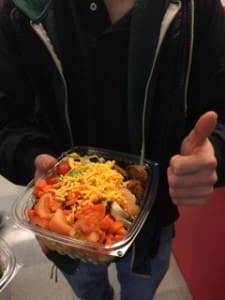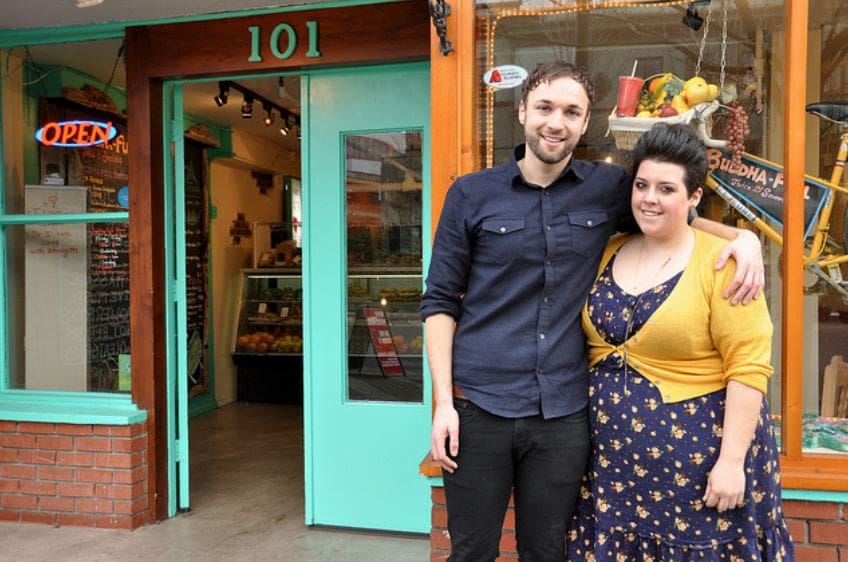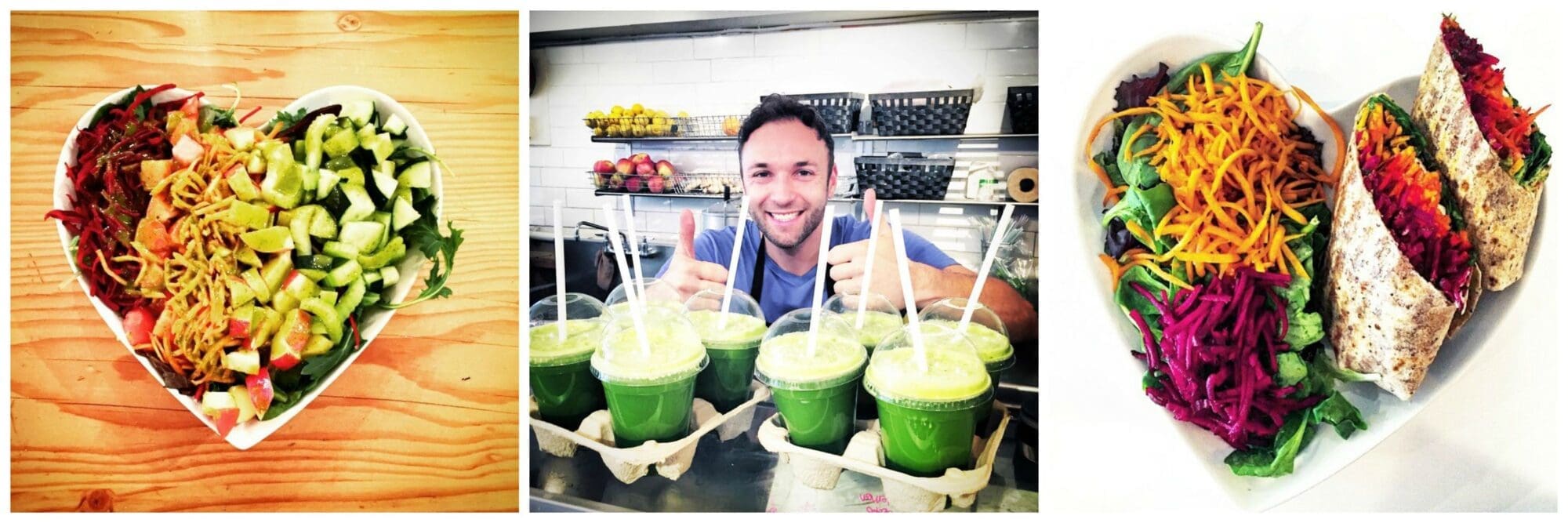Local filmmaker Gary Charbonneau delivers a controversial documentary on the Vancouver Aquarium’s rescue and captivity program. There will be a screening of the film, “Vancouver Aquarium Uncovered” on Sunday, Sept.13th, 7:30pm at the Vancouver Public library.
VHS opposes the keeping of wild animals for public display, as it deprives them of the ability to freely engage in instinctual behaviours in their natural environment. Even when bred in captivity, exotic animals retain the behavioural and biological needs that they would have in the wild. They cannot be considered domesticated and they can suffer if they are confined in unnatural environments. Here’s our Q&A with Gary:
VHS: Was there a defining moment or a catalyst that inspired you to get involved in the issue of cetaceans in captivity?
Gary: While attending a public hearing on cetacean captivity I became suspicious and concerned with the remarks and comments being made by the Vancouver Aquarium and their associates.
VHS: What do you want to be the biggest take away for those who see the film?
Gary: A better understanding of conservation, rescue and rehabilitation and a demand for greater transparency. A conservation centre such as the Vancouver Aquarium cannot have a higher infant death rate than in the wild nor should they have a breeding program that, in my opinion, has not aided wild cetaceans in their 50 year existence. This is completely contrary to conservation itself. As a city we need to define what this term stands for and further our understanding of the programs at the aquarium.
VHS: What has the response been like to the film, following its first screening?
Gary: Incredible. People learned a great deal on this issue. Their eyes were opened to the complicit association, fund allocation, misinformation and most importantly the true facts of the rescue and breeding programs. As one person said to me “Is this what I’ve been supporting all these years?”
VHS: What do you think has spurred the change in public sentiment over the captivity of whales and dolphins?
Gary: The film Blackfish really exposed the lengths aquariums go to in deceiving the public for profit. In my research I’ve also realized the connections that go far beyond the inner circle of North American aquariums. I have professors, researchers and biologists still contacting me today providing facts, data and personal experience on this lucrative captive business. Even more disheartening is most have asked me not to mention their names because they fear the power this industry has. I’ve also noticed this with news media as well. I’ll ask everyone right now, has anyone heard anything of this film on TV, radio or newspaper? The answer is no because they won’t touch this. Thus far all have turned down mentioning my film. One reporter told me I’m going to have a hard time because they’re interconnected to the aquarium whether through business or advertising. It’s quite sad actually because it’s the whales and dolphins who are suffering.
VHS: What do you suggest the public can do to help with this issue?
Gary: The public doesn’t realize they are the answer. Around the world these aquatic circuses are not only ending, they’re being banned. This is due to public pressure. Vancouverites need to have their voices heard and force the aquarium to update its model.
VHS: There’s been talk recently that Vancouver might be the ideal site for the world’s first sea sanctuary – a place for captive cetaceans to go if released from marine parks but unable to survive in the wild. What are your thoughts on that idea?
Gary: Sea sanctuaries are the future for rehabilitation and release. They will also provide increased space, depth and a more natural environment for those cetaceans who cannot survive in the wild. There are people who oppose the idea of sea pens or ocean sanctuaries but let’s not forget, there was a time when there were no elephant, primate or big cat sanctuaries and look at their success today. Furthermore, all of these were also thought to be impossible, with strong opposition.
VHS: In your research for the film, what did you find most disturbing about the captivity issue? What did you find most inspiring?
Gary: The infant death rate! Absolutely unbelievable, this literally stunned me and everyone who’s seen the film. It is completely unconscionable for the Vancouver Aquarium to call itself a conservation centre when its infant death rate is astronomically higher than in the wild, this makes no sense.
The most inspiring is the proof that aquariums who have moved away from captivity are doing better financially, provide higher levels of education through technology and interactivity and have demonstrated true conservation efforts. Aquariums such as Monterey Bay in California, Ripley’s Aquarium in Toronto, Shaw Ocean Discovery Centre in B.C. are a few examples.
VHS: What was the most challenging part of making the documentary?
Gary: Containing my emotions. During the repetitive process of editing you are continually reminded of the deaths, short lifespans and the psychological stress on these poor creatures. It is exceptionally difficult to stay focused.
VHS: Did you have a strong opinion on the issue of captivity prior to doing research for this film? Has making the film changed your opinion on other animal protection issues?
Gary: I’m not a proponent of animals performing tricks even for rescue or rehabilitation because duplicitous organizations will use conservation as a guise for exploitation. However, I was open to learn whether the Vancouver Aquarium was genuinely learning about and aiding whales and dolphins.
Completing this film has unquestionably affirmed that genuine rescue and rehabilitation shouldn’t require animals to perform. Any institution or non-profit organization who states it’s necessary to sell tickets in order to protect or preserve a species is either mismanaged or deceitful.
VHS: How can people see the documentary?
Gary: A screening is being held on Sept 13th at the Vancouver Public Library. Sometime after this date the film will be released online at www.vancouveraquariumuncovered.com. I feel it’s important to note, this is a non-profit film and will be released for free. I want everyone to learn the truth and help the aquarium improve and move into a superior direction.
VHS: What specific actions would you like to see the Vancouver Aquarium take moving forward, in regards to whales and dolphins in captivity?
Gary: The goal of my film is to enhance the Vancouver Aquarium and make it the most advanced and educational marine centre in the world. The aquarium is about to spend millions of dollars expanding their tanks when that money should be used towards technology, innovation and expanding their much needed Marine Mammal Rescue Centre.
—
For more info:
www.vancouveraquariumuncovered.com
www.facebook.com/VancouverAquariumUncovered
 VHS is joining the call for CBS to end the use of wild animals in the filming of its show “Zoo”. The Vancouver-shot series is based on James Patterson’s 2012 novel by the same name and is a thriller about a zoologist’s investigation into a wave of violent animal attacks against humans around the world.
VHS is joining the call for CBS to end the use of wild animals in the filming of its show “Zoo”. The Vancouver-shot series is based on James Patterson’s 2012 novel by the same name and is a thriller about a zoologist’s investigation into a wave of violent animal attacks against humans around the world.
 Meatless Monday in Vancouver just got an important boost! The influential Vancouver Food Policy Council (VFPC) has unanimously passed a motion that “endorses the concept of Meatless Mondays and encourages Vancouver citizens to choose plant-based meals on Mondays.”
Meatless Monday in Vancouver just got an important boost! The influential Vancouver Food Policy Council (VFPC) has unanimously passed a motion that “endorses the concept of Meatless Mondays and encourages Vancouver citizens to choose plant-based meals on Mondays.”

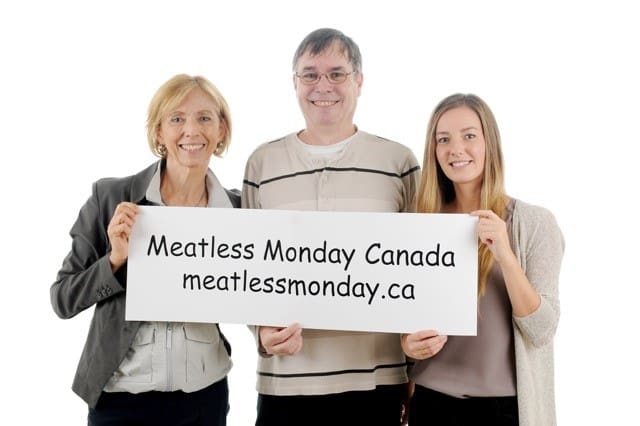
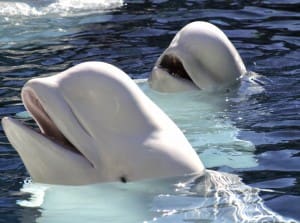 Last week, SeaWorld announced that, effective immediately, it is ending its orca breeding program and will be phasing out its theatrical shows involving orcas.
Last week, SeaWorld announced that, effective immediately, it is ending its orca breeding program and will be phasing out its theatrical shows involving orcas. Lola and Susie are just two of the many animals helped through your generous donations. These two mean the world to their guardian, who tells us they are not only important members of his family, but play a crucial role in his mental health. So when Lola and Susie both developed a chronic skin issue, he worked tirelessly with the vet to resolve the problem. It seemed the source was likely environmental and due to issues with the building he and the dogs lived in. After little was done to rectify the situation on the part of the landlord, the three moved to a new home. Due to his limited income, their guardian reached out to VHS for help in getting Lola and Susie’s skin issues cleared up once and for all. Thanks to VHS’s supporters, Lola and Susie were able to get the treatment they needed and are now on the mend. Their caregiver is beyond grateful for the support of complete strangers during a tough time.
Lola and Susie are just two of the many animals helped through your generous donations. These two mean the world to their guardian, who tells us they are not only important members of his family, but play a crucial role in his mental health. So when Lola and Susie both developed a chronic skin issue, he worked tirelessly with the vet to resolve the problem. It seemed the source was likely environmental and due to issues with the building he and the dogs lived in. After little was done to rectify the situation on the part of the landlord, the three moved to a new home. Due to his limited income, their guardian reached out to VHS for help in getting Lola and Susie’s skin issues cleared up once and for all. Thanks to VHS’s supporters, Lola and Susie were able to get the treatment they needed and are now on the mend. Their caregiver is beyond grateful for the support of complete strangers during a tough time.
